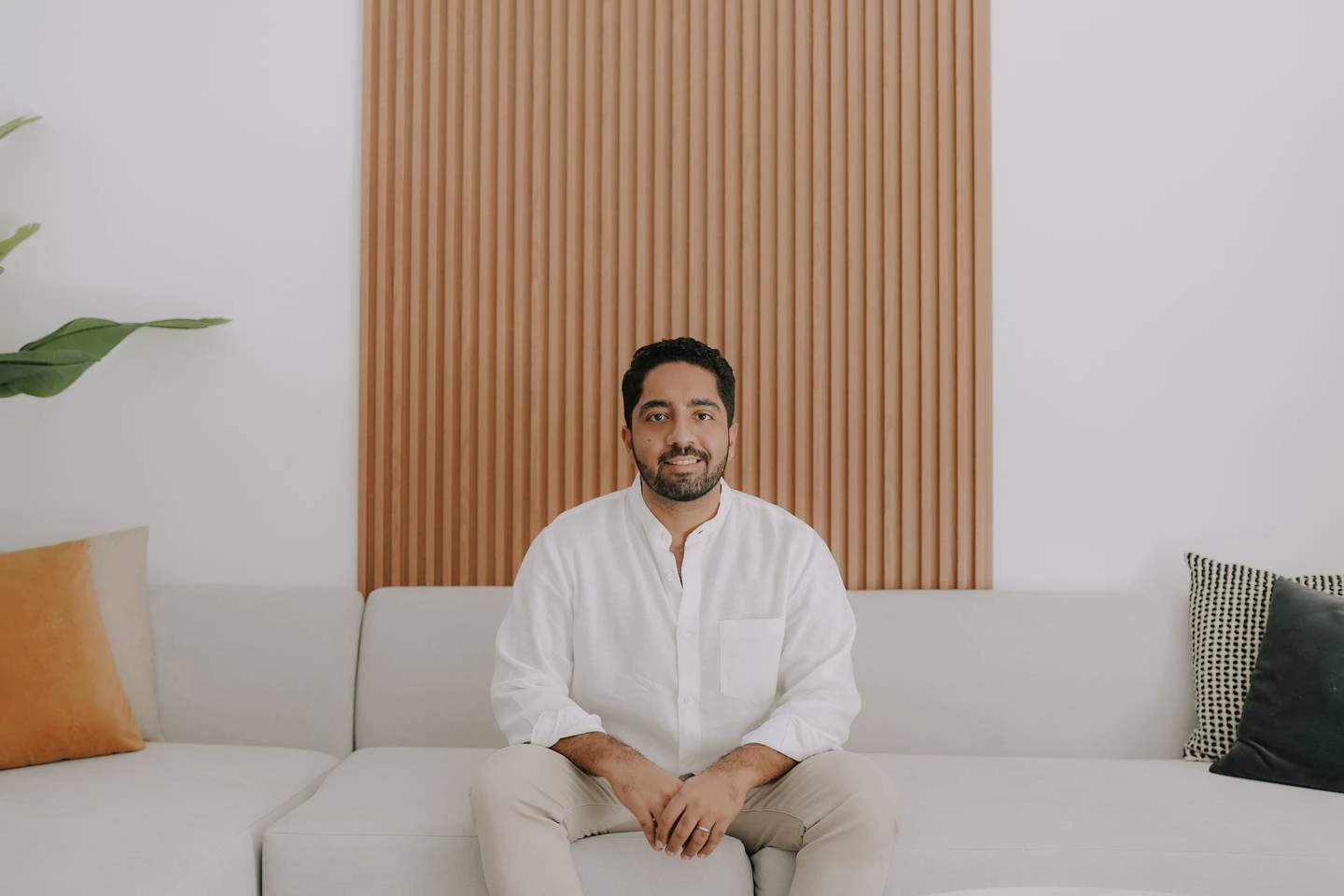News
Dubai Startup Silkhaus Aims For A “Smooth As Silk” Experience
Technology now plays a key role in the Dubai rentals market, helping real estate investors and travelers alike to create unique hospitality experiences.

Dubai-based Silkhaus is a PropTech startup that describes itself as a “technology-first hospitality brand”. The company aims to offer immersive nomadic experiences by “providing business and leisure travelers with a home away from home” and, as the name suggests, convert tedious planning into an experience that’s as smooth as silk.
For readers unfamiliar with the term, PropTech is the application of technology in the real estate sector. It encompasses everything from property management and Airbnb-style bookings to construction and analytics, with features usually accessed through a mobile app.
The global PropTech market value is projected to grow from $18.2 to $86.5 billion by 2032 — a compound annual rate of about 17% — and is primarily driven by nomadic professionals who are happy to relocate for career purposes.
As for Silkhaus, the startup was conceived by strategy consultant Aahan Bhojani, who noticed several issues with his own corporate travel experiences. He now strives to ensure others won’t experience the same frustrations.

“I realized there was something broken about the long-stay travel experience, and finding suitable long-term accommodation options on online travel aggregators was like pulling a needle out of a haystack […] aside from investors purchasing real estate, we have seen a growing interest in the resident population seeking to reside in the UAE. The need for a ‘landing pad’ to accommodate incoming audiences has never been stronger,” says Aahan Bhojani, founder and CEO of Silkhaus.
Also Read: Hotel Cloud Kitchen Startup Matbakhi Launches In Saudi Arabia
Despite a gradually worsening global market, Silkhaus was still able to raise $7.75 million in a seed funding round last month, and is well placed to boost its portfolio of investors and continue with a medium-term expansion strategy.
Over the last few years, big data and cloud technology have transformed consumer experiences in the property sector, positively affecting property owners, tenants, landlords, and brokers alike. Startups like Silkhaus look set to continue this trend, with plans in the works to expand to cities across the Middle East and eventually into South and South-East Asia.
News
Mamo Completes $3.4M Funding Round To Enhance Fintech Services
The startup will use the influx of cash to expand into Saudi Arabia and across the wider GCC while improving its product offering.

UAE-based fintech Mamo has announced the completion of a $3.4 million funding round that will help the startup extend its market presence and improve its product offering. Investors included 4DX Ventures, the Dubai Future District Fund and Cyfr Capital.
Mamo’s platform offers “payment collection, corporate cards and expense management” to help small and medium-sized businesses consolidate and streamline their operations. With the latest influx of capital, Mamo will further develop its comprehensive suite of services and begin testing its product lines in Saudi Arabia, further extending its footprint across the GCC.
Imad Gharazeddine, co-founder and CEO of Mamo, stated: “We’ve been in the market for a while now and are incredibly proud of what our team has achieved. The holistic and expansive nature of our product offering has helped us continue to grow sustainably. This additional funding will allow us to reach our medium-term goals even faster. The support from new and existing investors is a testament to our strong expertise and the ability to deliver on our customer promise”.
Daniel Marlo, General Partner of lead investor 4DX Ventures, added: “We have immense trust in Imad’s vision, leadership and Mamo’s innovative approach to provide a user-friendly and comprehensive financial solution for SMEs that makes financial management more accessible and efficient. We are proud to partner with them and support their mission”.
Also Read: A Guide To Digital Payment Methods In The Middle East
Amer Fatayer, Managing Director of Dubai Future District Fund’s investment team, also commented: “Mamo’s localized product lines serve as an infrastructure for SME payments and spend management in UAE, a segment that is underserved by the country’s current banking infrastructure. The team has taken a product-first approach to consolidating SMEs’ financial journeys and building a fintech solution deeply embedded in a business’s core operations”.
To date, Mamo has raised around $13 million in investment funding and now boasts a team of 30 people. The company’s intuitive financial services platform has allowed over 1,000 businesses to consolidate their financial operations and significantly reduce payment fees.
-

 News4 weeks ago
News4 weeks agoAmazon Prime Day 2024: Get Ready For 6 Days Of Amazing Deals
-

 News4 weeks ago
News4 weeks agoSamsung Unpacked 2024: What To Expect From The July 10 Event
-

 News4 weeks ago
News4 weeks agoCoursera Report Shows Surge In UAE Interest In AI Upskilling
-

 News4 weeks ago
News4 weeks agoMeet Dubai’s Groundbreaking Smart Robot Delivery Assistant














